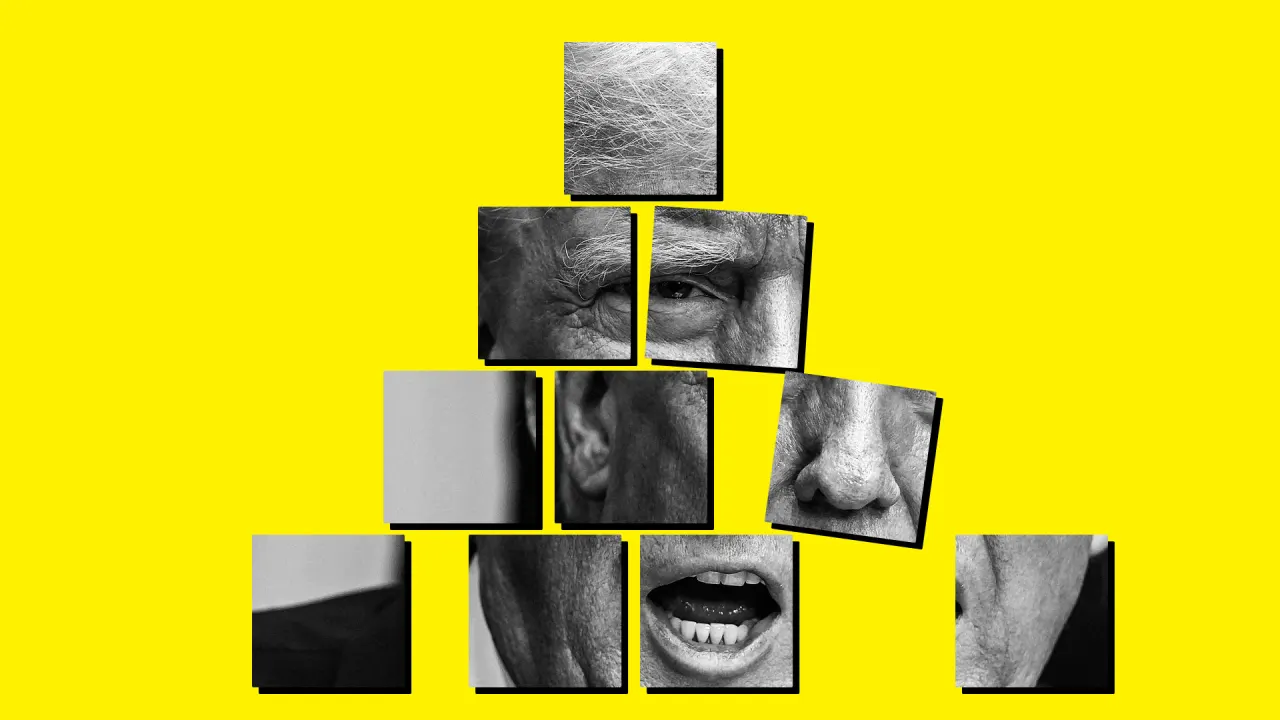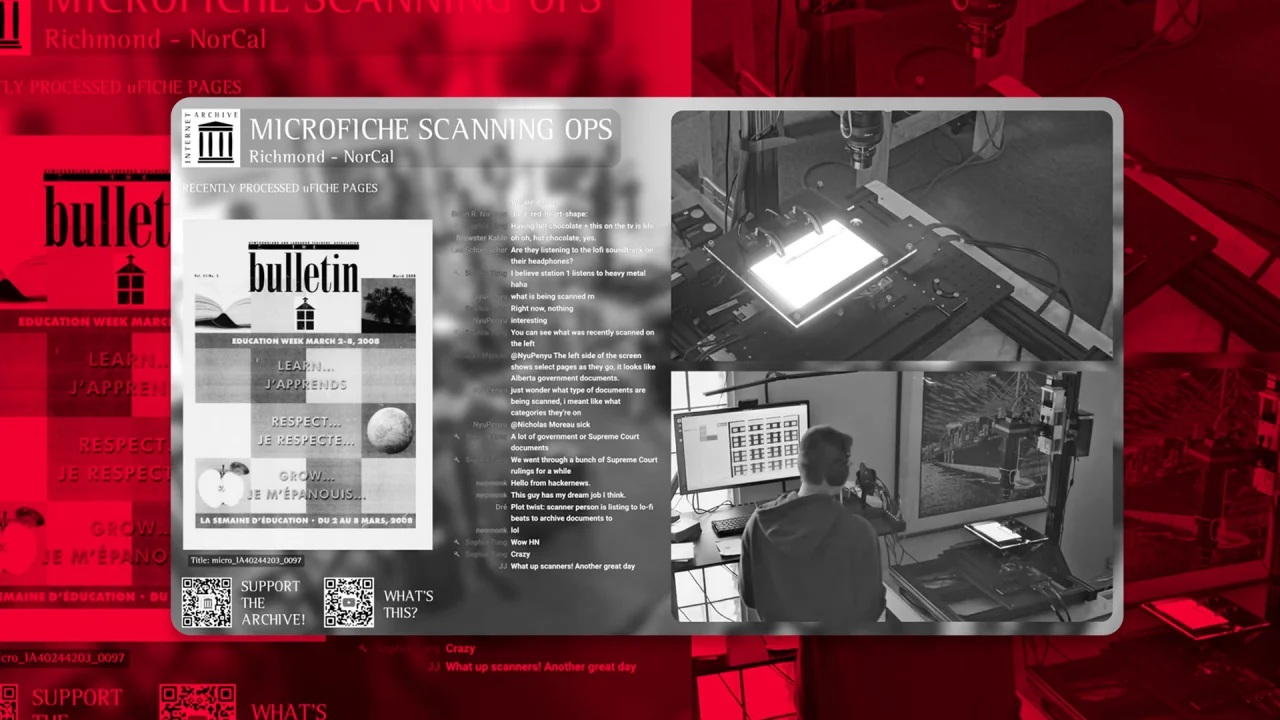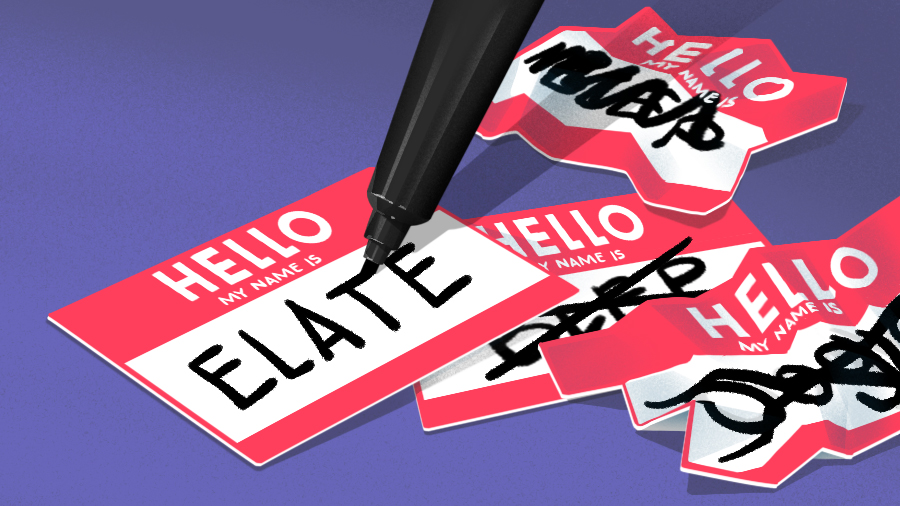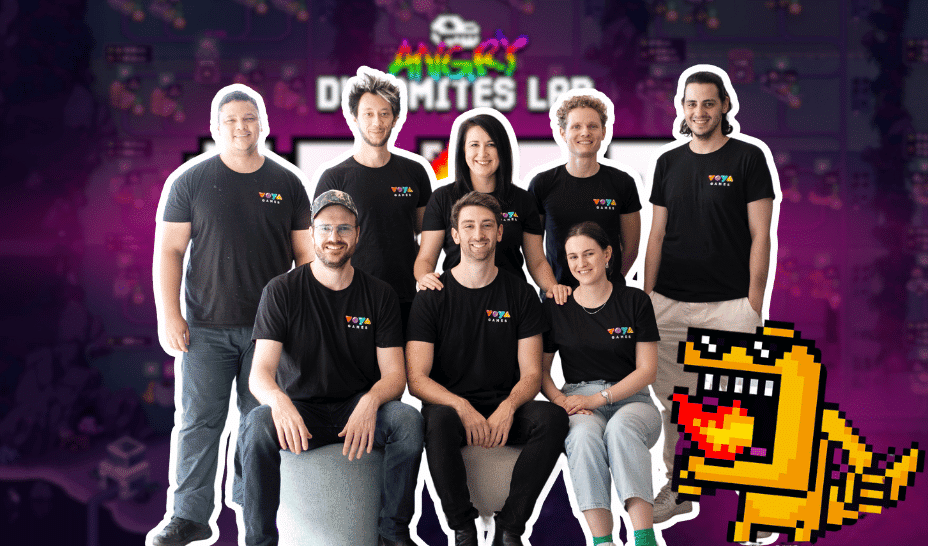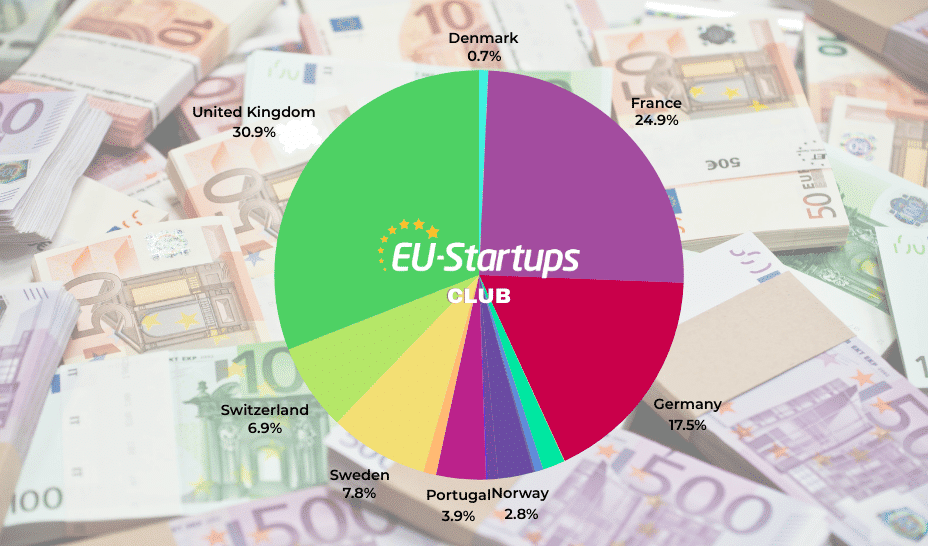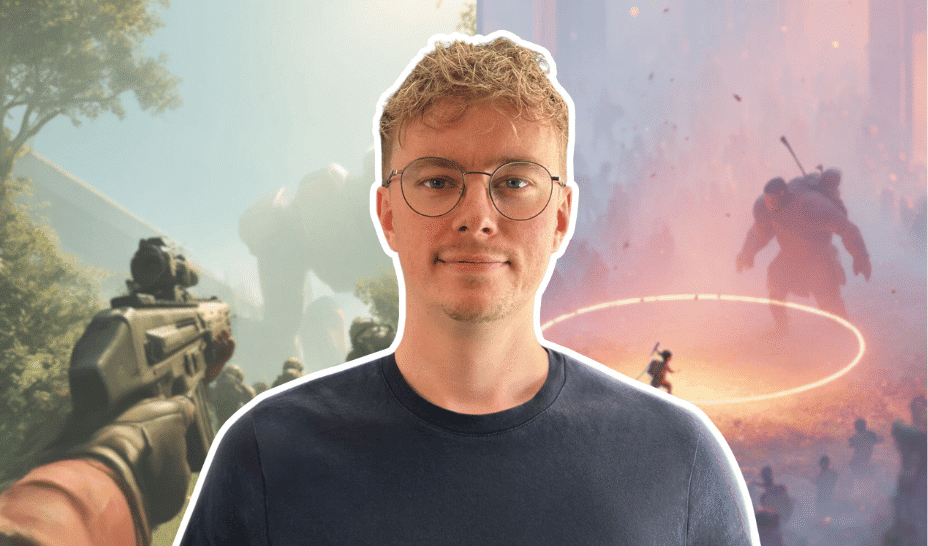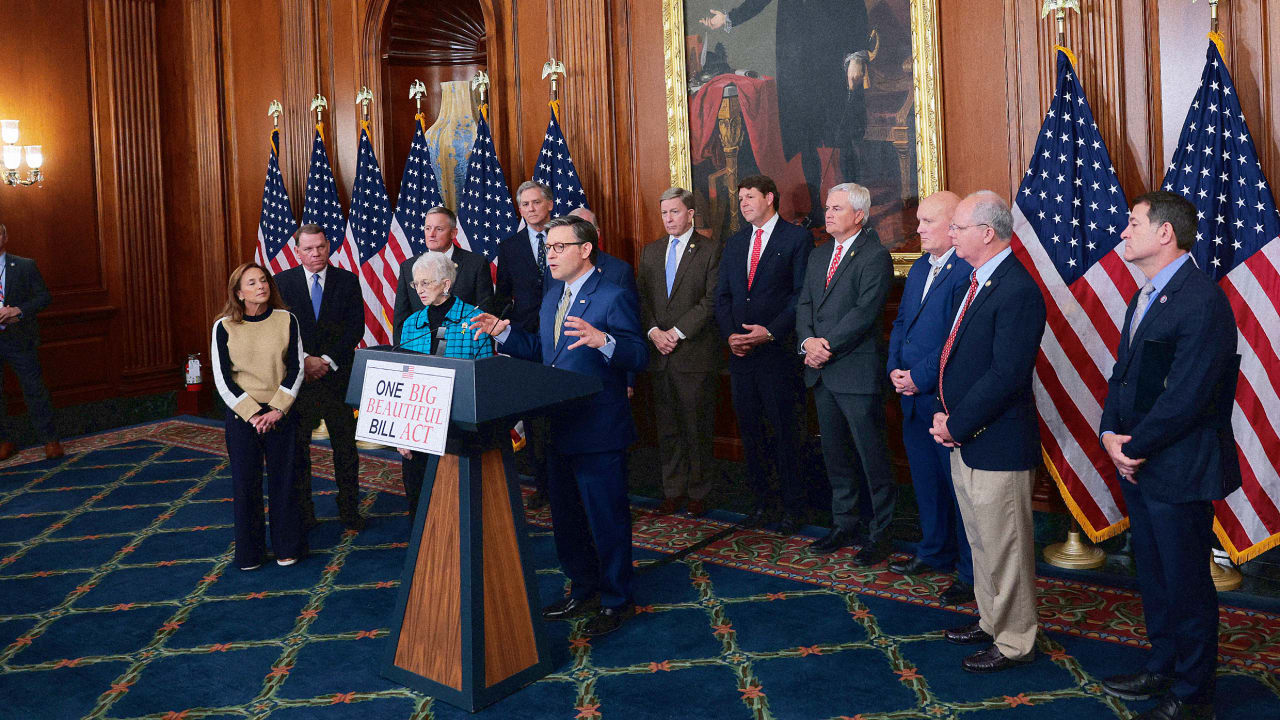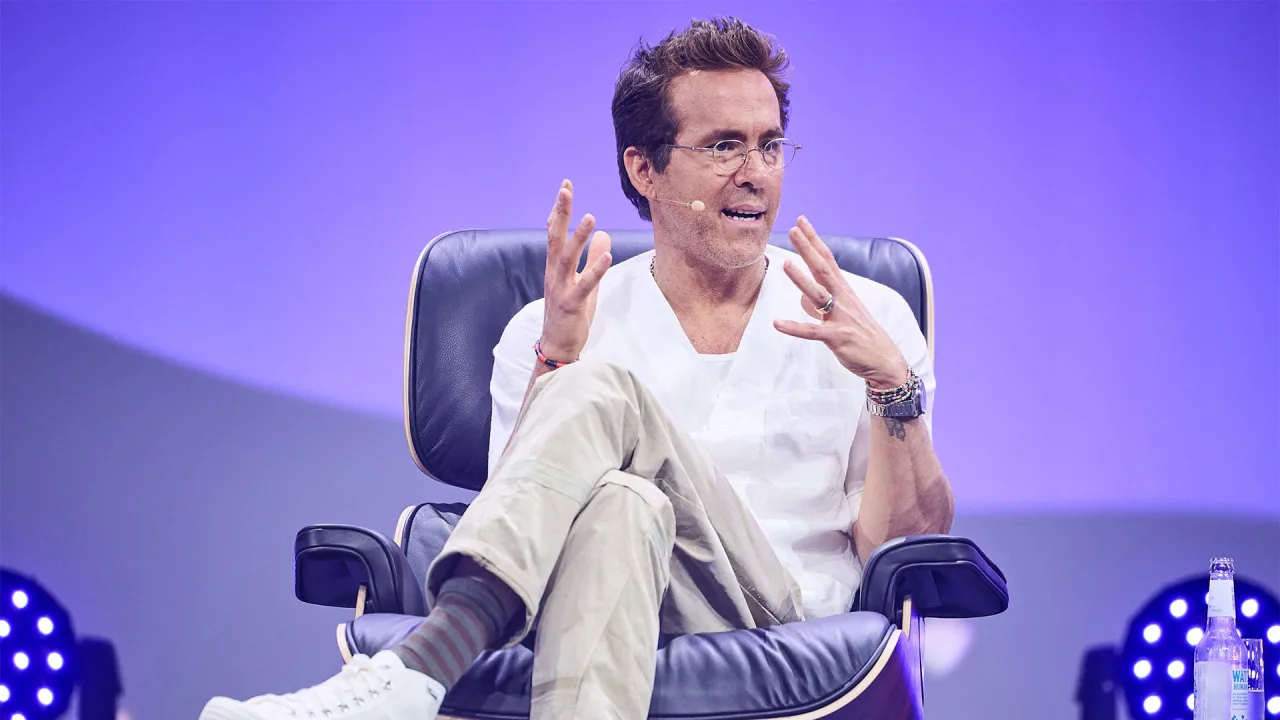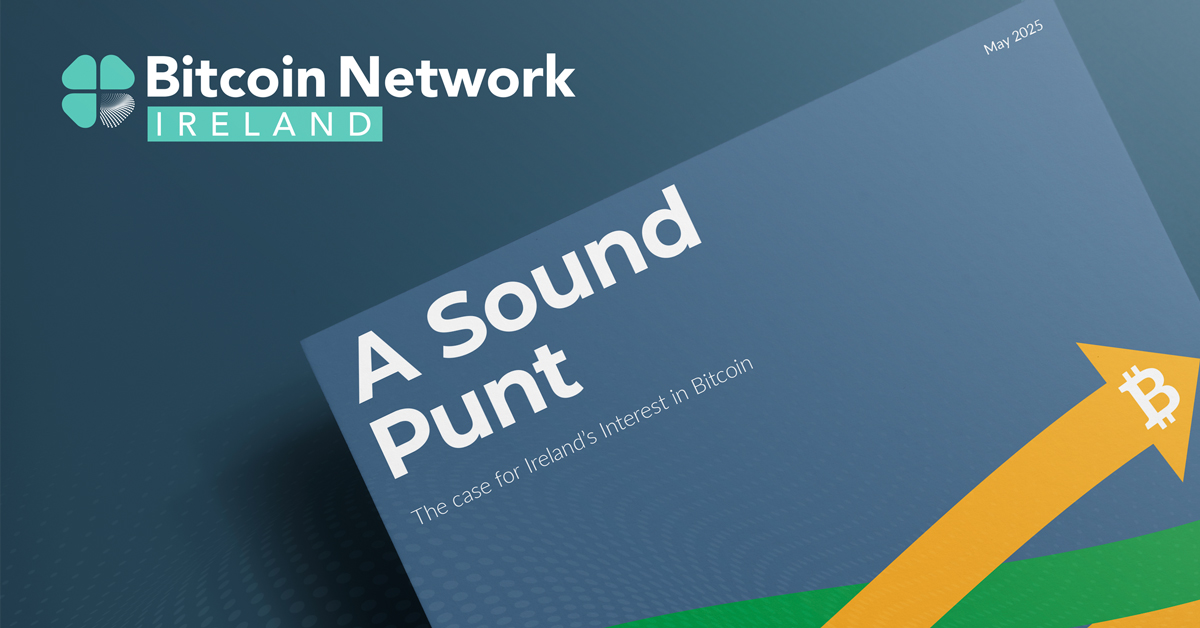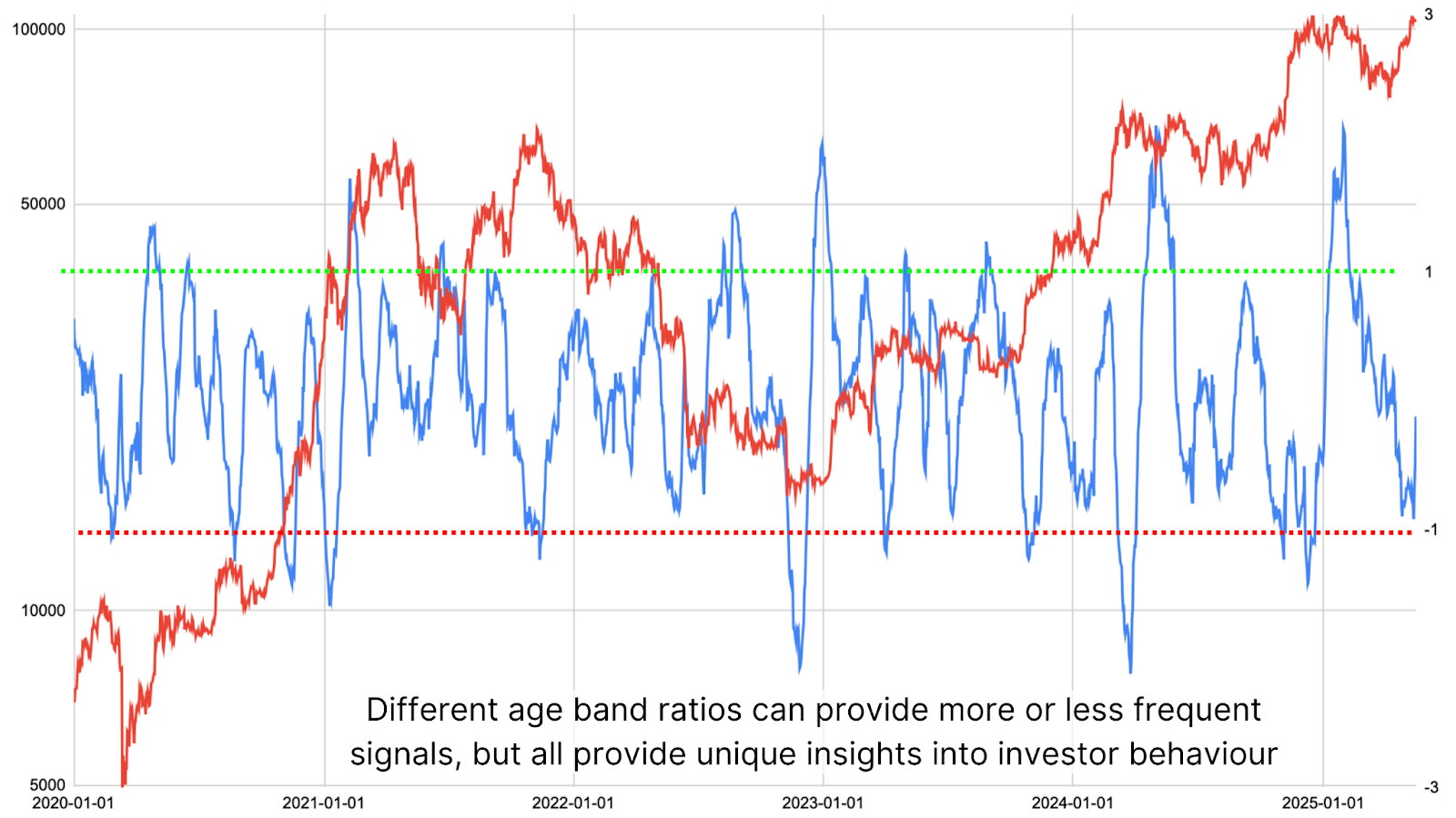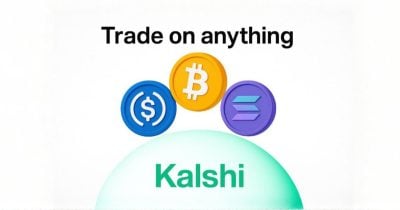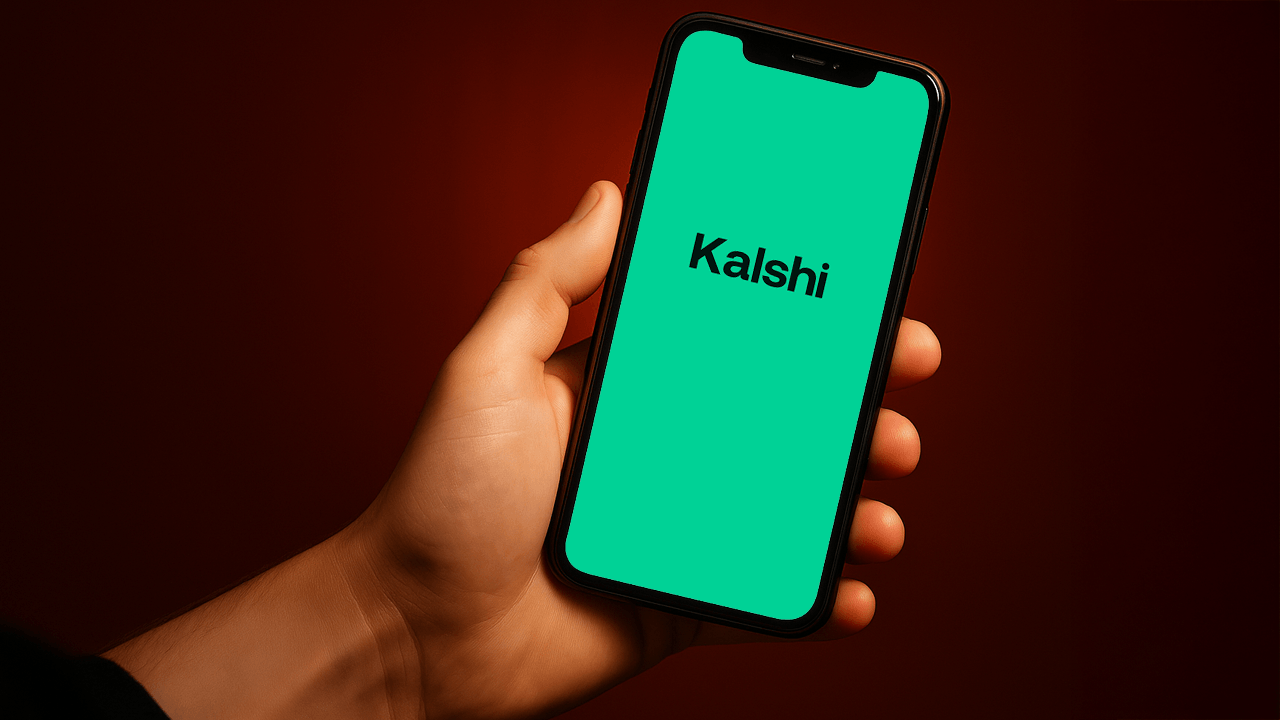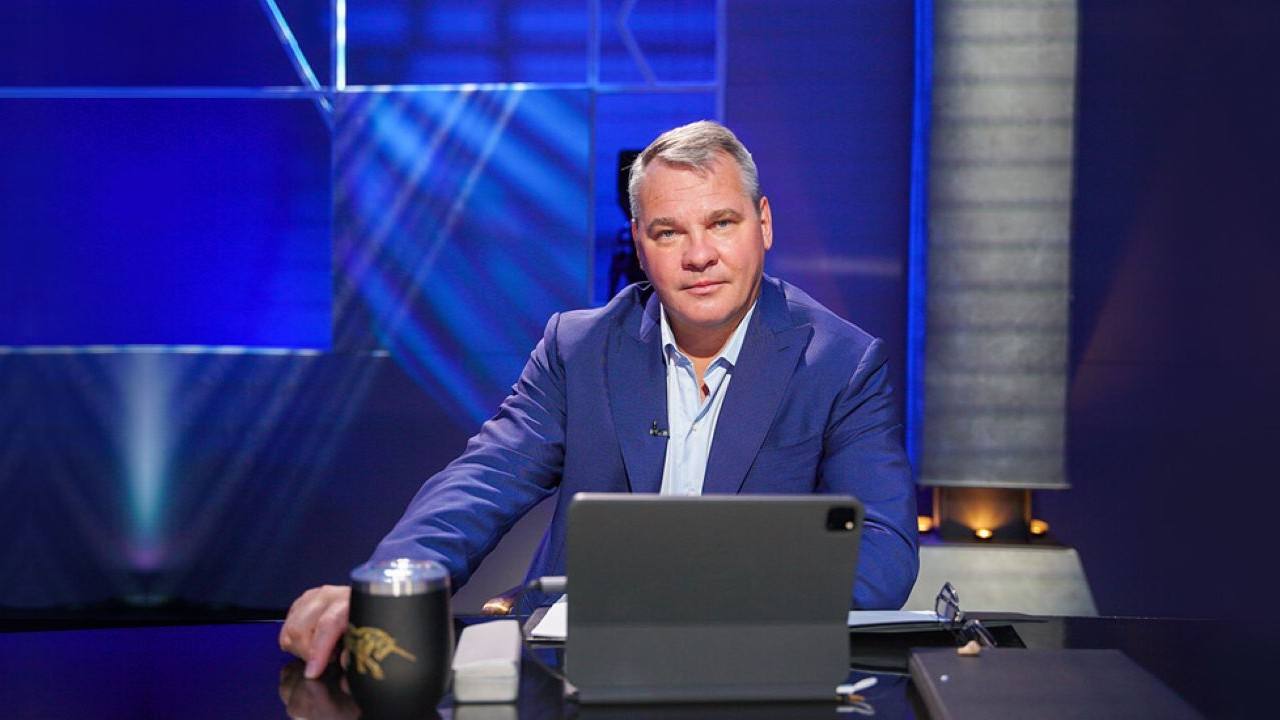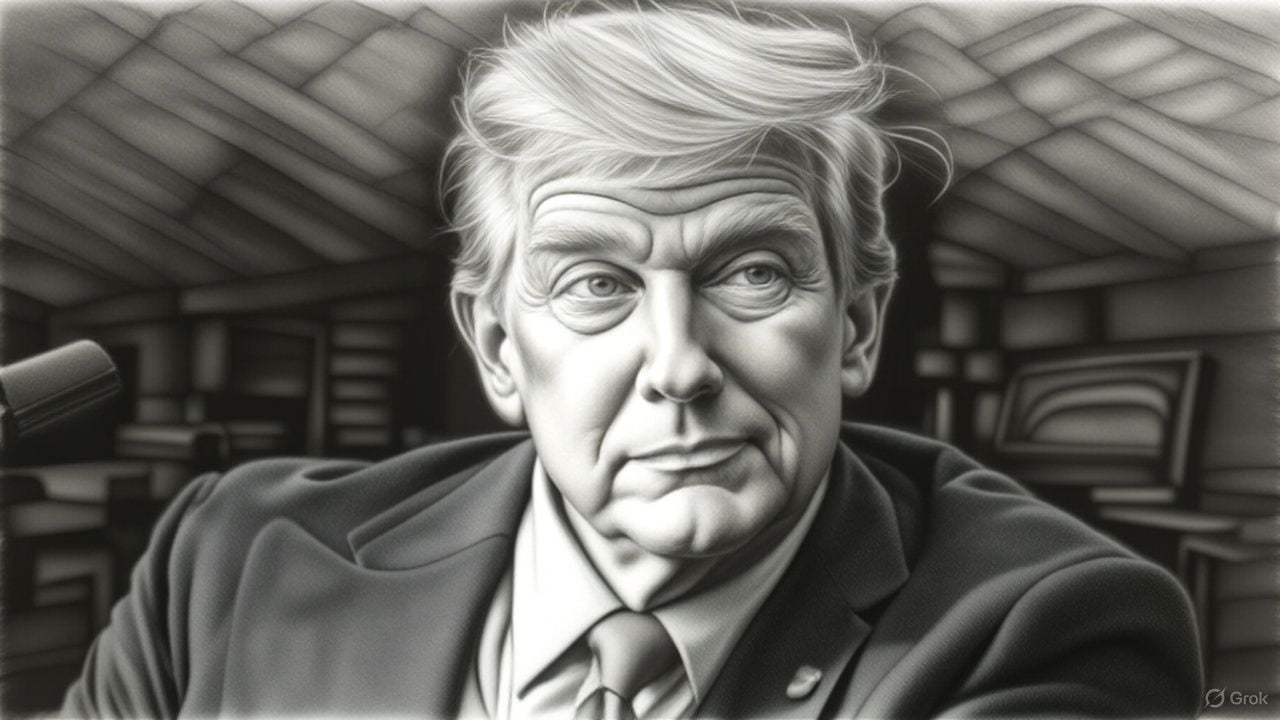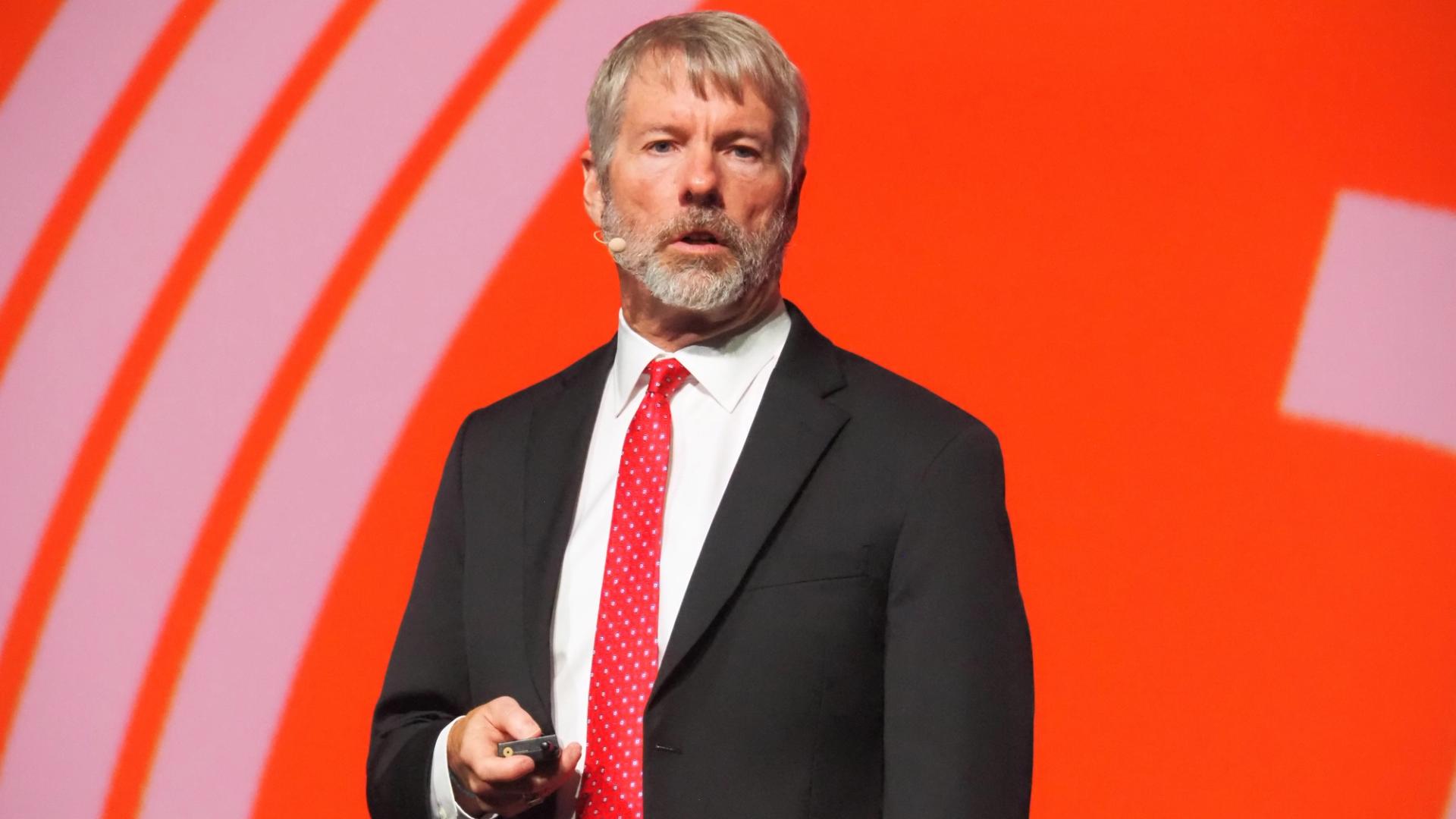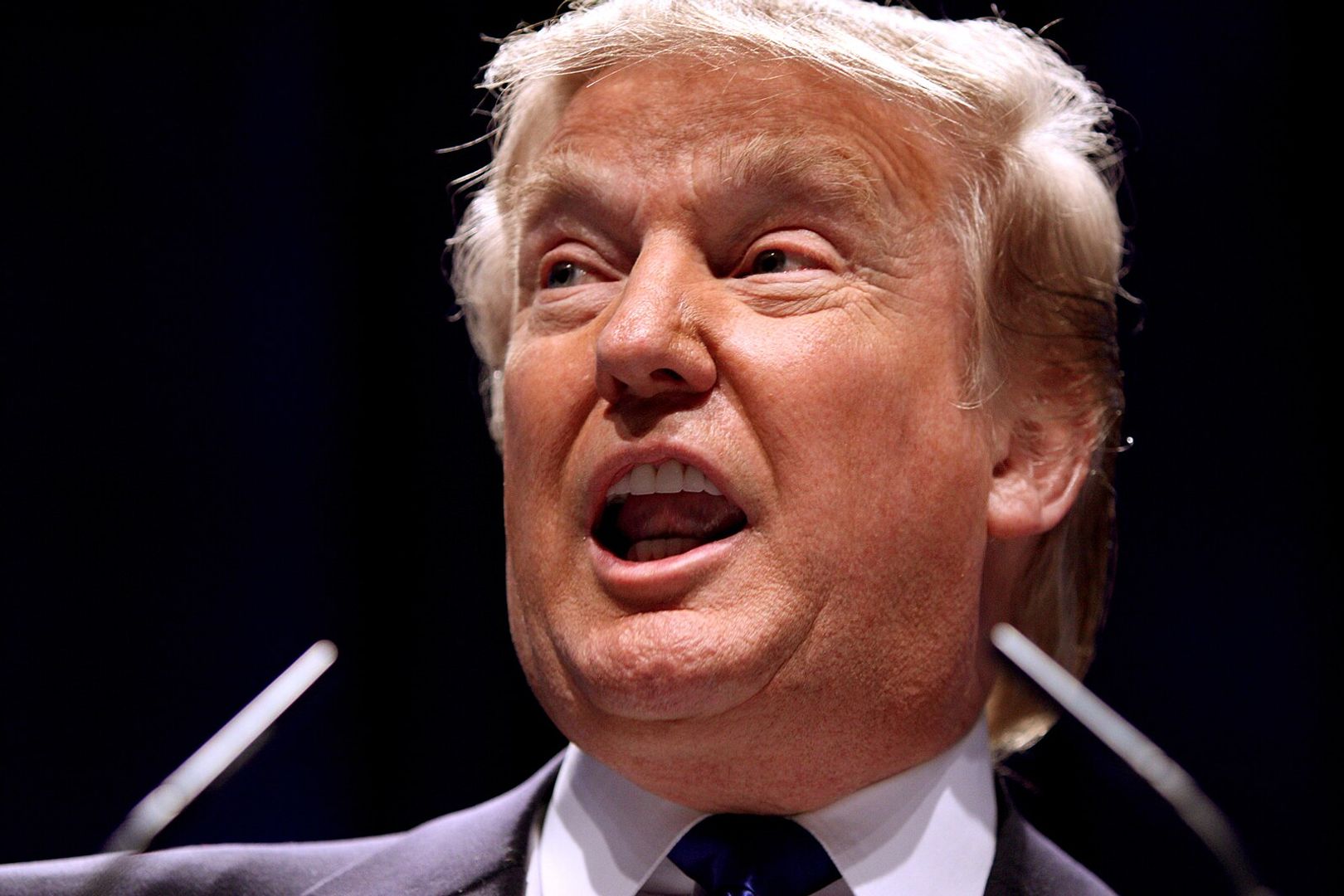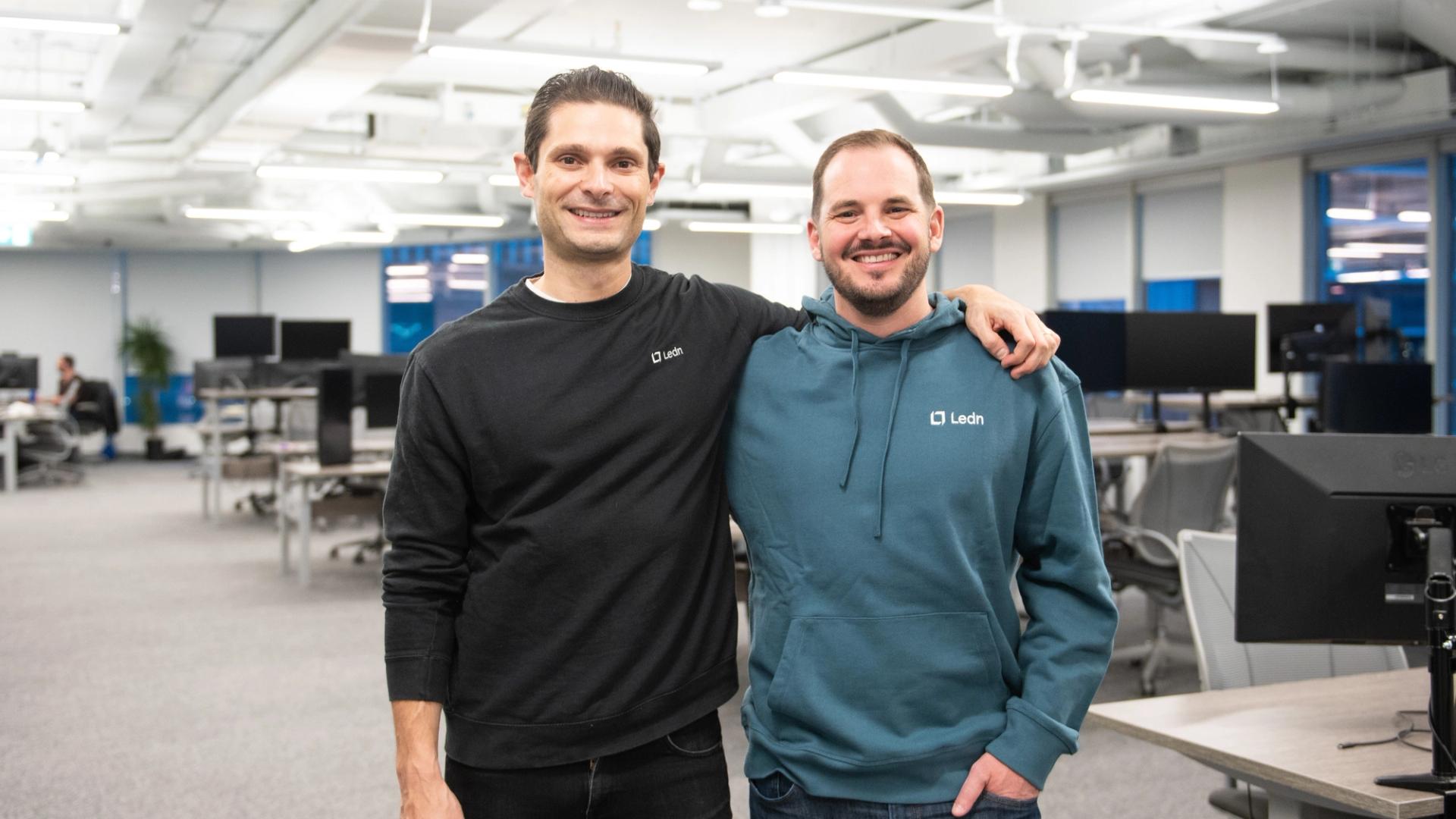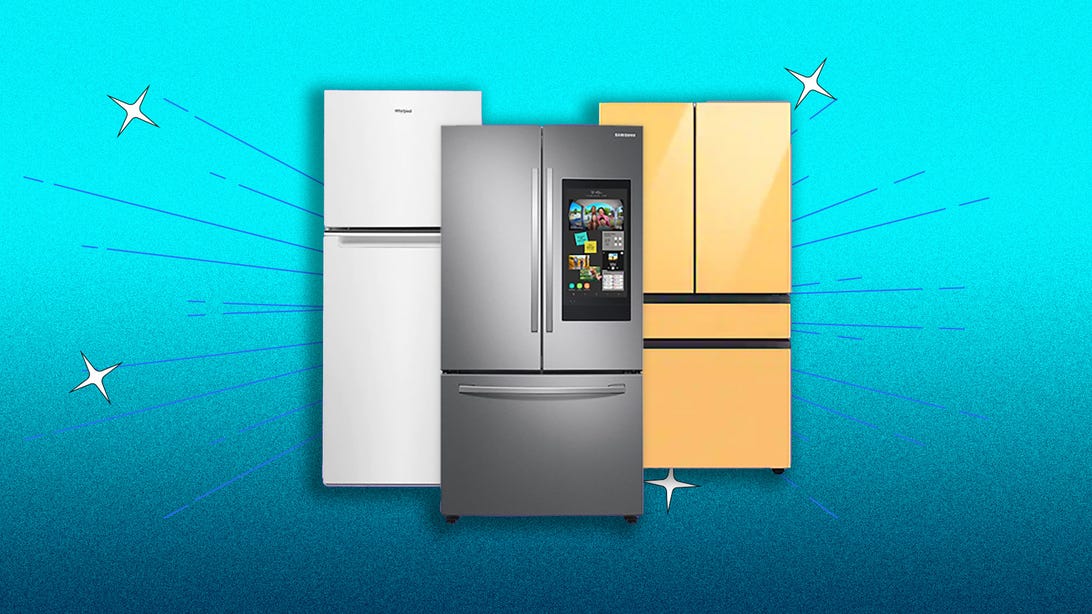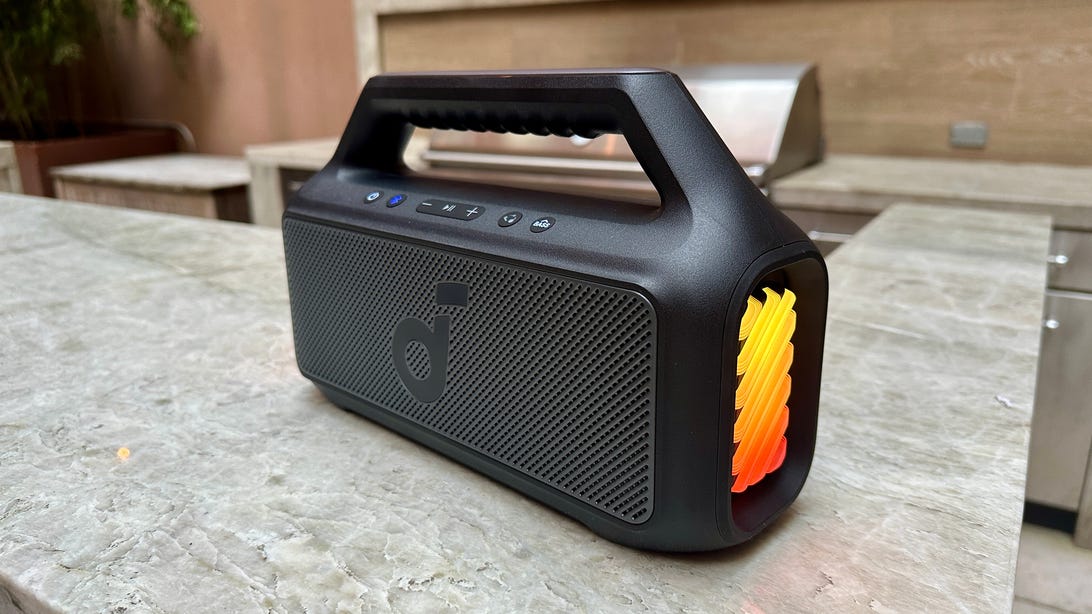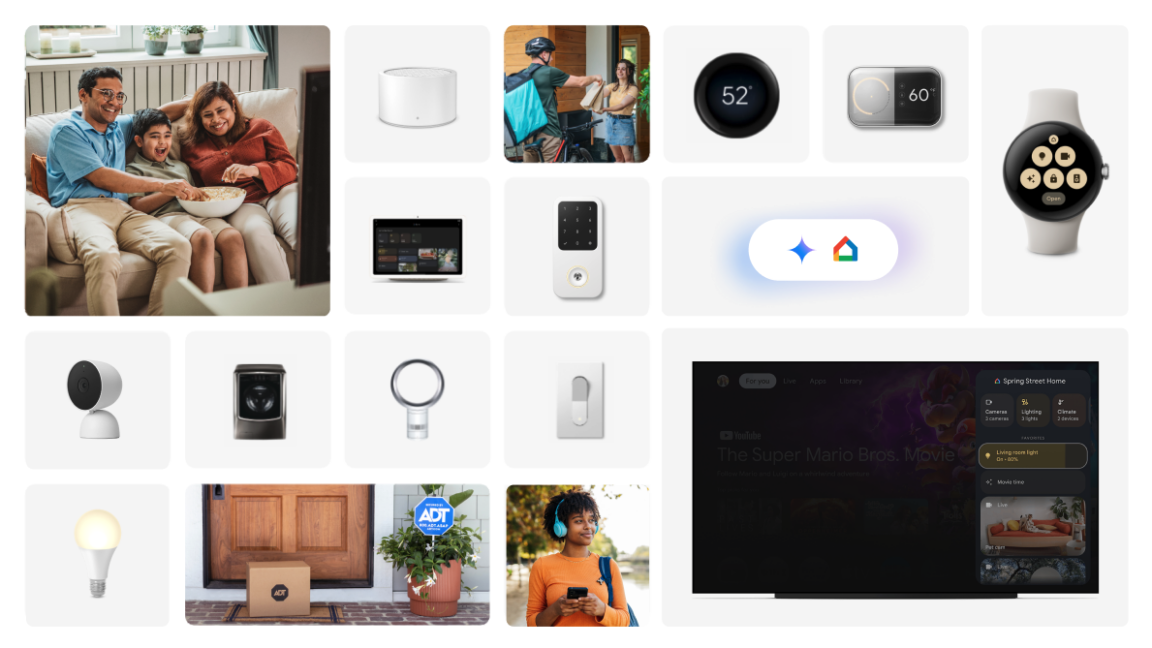Inside Flipkart’s big bet on quick commerce and why Kabeer Biswas calls it a 'brutal' business
Kabeer Biswas and Kanchan Mishra give an insider's view on Flipkart Minutes' essentials-led playbook as it scales rapidly to reach an 800-strong dark store network.


In a country obsessed with getting things done, India’s quick commerce sector is innovating and experimenting at a breakneck speed. Blinkit, Zepto, Swiggy Instamart, and now Flipkart Minutes, are racing to deliver essentials, electronics, and indulgences in under 15 minutes.
Leading Flipkart’s quick commerce push is Kabeer Biswas, the former CEO and Co-founder of Dunzo, who believes that quick commerce is the most intense form of supply chain management. "It doesn’t give you a day-plus-one to course correct, just 15 minutes,” says Biswas, now Vice-President of Flipkart Minutes.
The stakes may be high but also fuel rapid growth.
Flipkart Minutes, launched in August 2024, has already spread to 17 cities and aims to hit 800 dark stores by the end of 2025. Orders are doubling every 45 days, and adoption is coming from all quarters: Gen Z, millennials, homemakers, and across a broad mix of categories, he notes.
With Flipkart Minutes, the Walmart-owned company is leveraging its massive ecommerce engine to take on incumbents like Blinkit, Zepto, and Instamart.
In a conversation with YourStory, Kabeer Biswas and Kanchan Mishra, BU Head of Flipkart Minutes, talk about scaling fast, building stickiness through essentials, and why quick commerce is one of the most operationally intense businesses in the country.
YS: Flipkart Minutes has grown quickly since its launch in August 2024. What’s driving that momentum?
Kabeer Biswas: We’re seeing our orders double every 45 days. That growth comes from tapping into Flipkart’s core strengths—our customer base, warehousing, logistics, and data. For example, we were able to launch in Guwahati in just two months because 75% of the infrastructure was already in place. We just had to build the remaining 25%.
Kanchan Mishra: What’s also helped is how well Flipkart Minutes fits into the overall platform. We're getting Flipkart users to come back more often, shop across more categories, and spend more. It’s creating a sticky loop of retention and convenience.
YS: What categories are performing the best for you right now?
Kabeer: Essentials are leading. Categories like vegetables and dairy have the highest order penetration. These are high-intent, high-repeat use cases, and they’re the core of a sticky quick commerce business.
Kanchan: That said, we’re also seeing great adoption in fashion, beauty, personal care, and even electronics—areas where Flipkart already has strong selection depth. The Minutes layer just makes these purchases more frequent and impulsive.
YS: Is your approach to dark store expansion unique?
Kabeer: The model is similar to others in the industry—there are franchise-style elements. But our key differentiator is Flipkart’s data. We already know where the demand hotspots are, what items are selling, at what price points, and at what frequency. That makes setting up each store much smarter and faster.
YS: Are you making trade-offs on assortment or reach in certain cities?
Kanchan: Not at all. In fact, our ability to experiment with assortment is one of the highest in the industry. Thanks to Flipkart’s backend, we can rotate new selections every 15 days, bring in seasonal trends, and test localised demand. If something doesn’t work, we pull it fast. If it does, we double down.
We’re focused on dense pockets of demand, but not trading off reach. We go where we already see customer demand through the larger Flipkart ecosystem.
YS: How is Flipkart Minutes being supported within the larger organisation?
Kanchan: There’s a lot of alignment internally. Everyone in logistics, tech, and ad sales is backing this initiative. It’s not seen as a separate experiment but as a core part of Flipkart’s next growth phase.
Kabeer: We’ve seen phenomenal support. While I can’t share exact investment numbers, I can say this: the pace at which stores are going live shows how committed the organisation is to Minutes.
YS: Are there plans for a standalone Flipkart Minutes app?
Kabeer: Too early. We're only 10 months in. There’s still a lot of room to activate more Flipkart users within the current app. Once we’ve saturated that base, a separate app might make sense, but not just yet.
YS: How’s advertising growth shaping up the platform?
Kabeer: It’s strong; our ad revenue is more than doubling. Quick commerce requires a different approach than ecommerce. It’s not about showing breadth, it’s about brand-category association. The goal is to be top-of-mind within a few scrolls, and our platform is helping brands do that well.
YS: What are the biggest challenges operationally?
Kabeer: This is a brutal business. You don’t get a day to fix problems. You get 15 minutes. It’s a just-in-time supply chain with real-world variables: weather, traffic, and local shutdowns, and each dark store needs to perform like clockwork. That’s why operational discipline is so important.
YSL Given your background at Dunzo, what lessons have you brought to Flipkart Minutes?
Kabeer: Three main ones:
- Scale using existing data; don't guess.
- Build a culture of daily execution excellence.
- Leverage customer behaviour from existing platforms instead of trying to create new habits from scratch.
Flipkart has been the ideal platform to put all three into practice.
YS: How do you see this market evolving over the next couple of years?
Kabeer: It’s still early. Quick commerce is only about 2.5 -3 years old in India. Globally, there’s no real playbook. I believe India will define what quick commerce looks like for the rest of the world. Five years from now, this will be a Harvard Business School case study.
Edited by Kanishk Singh




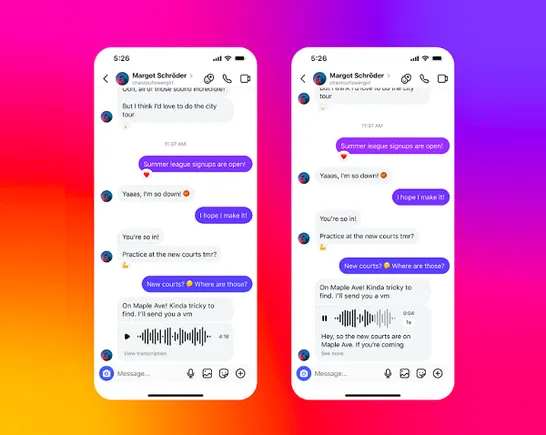
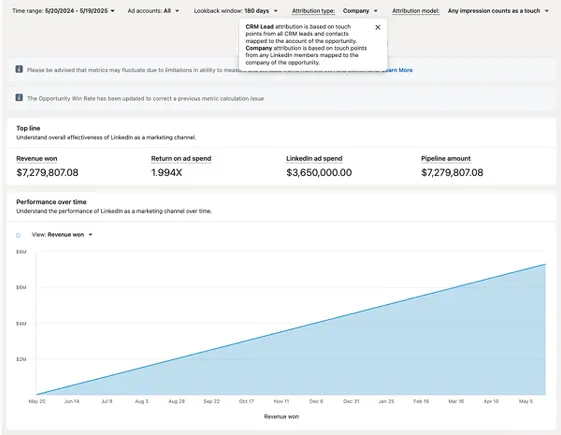








.png)
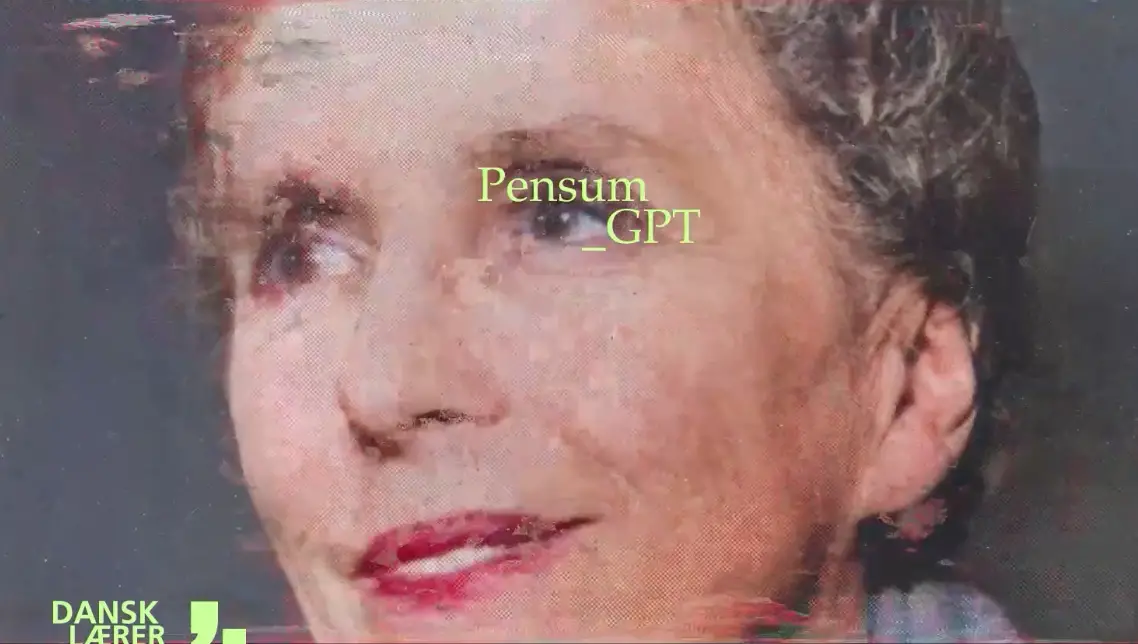


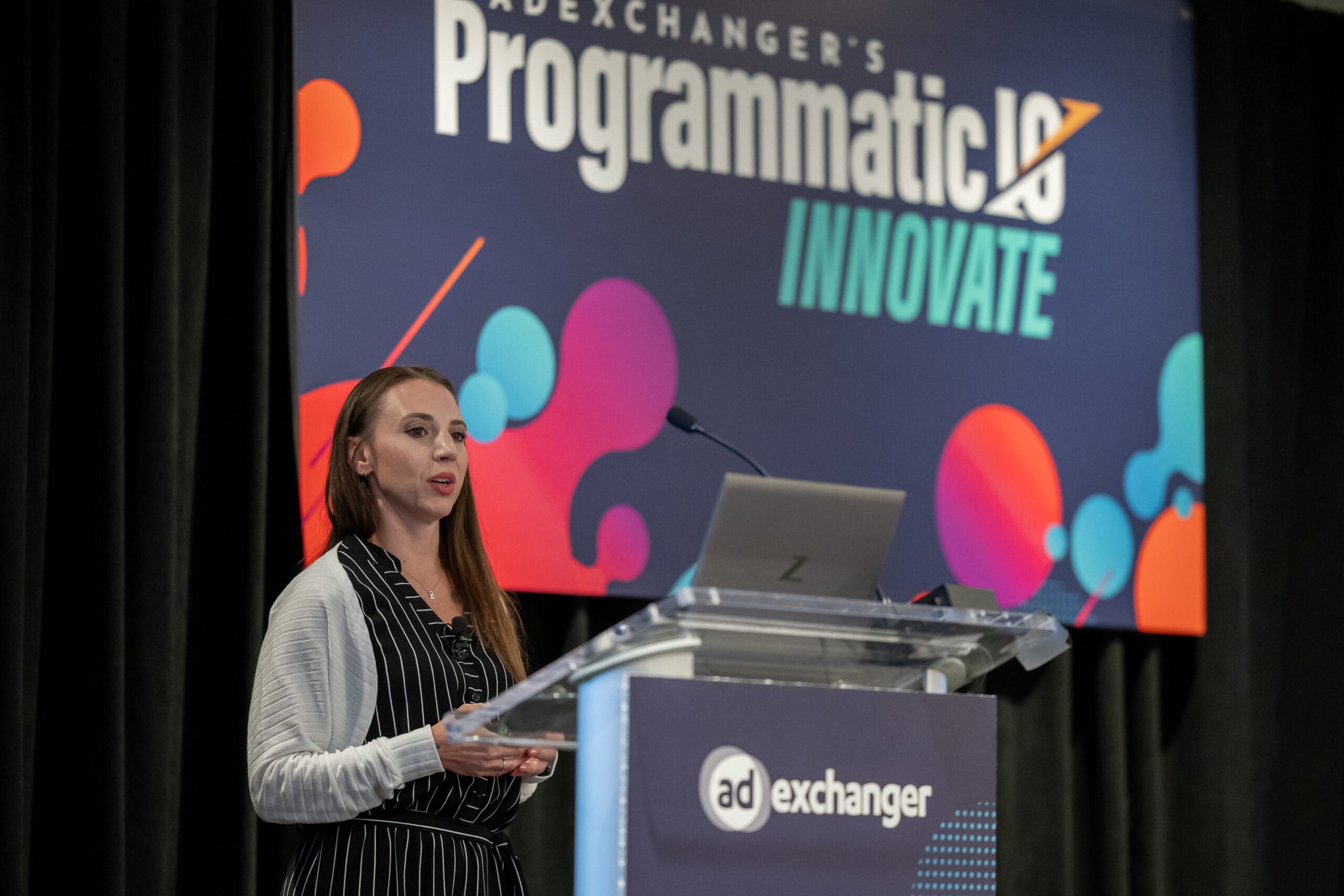




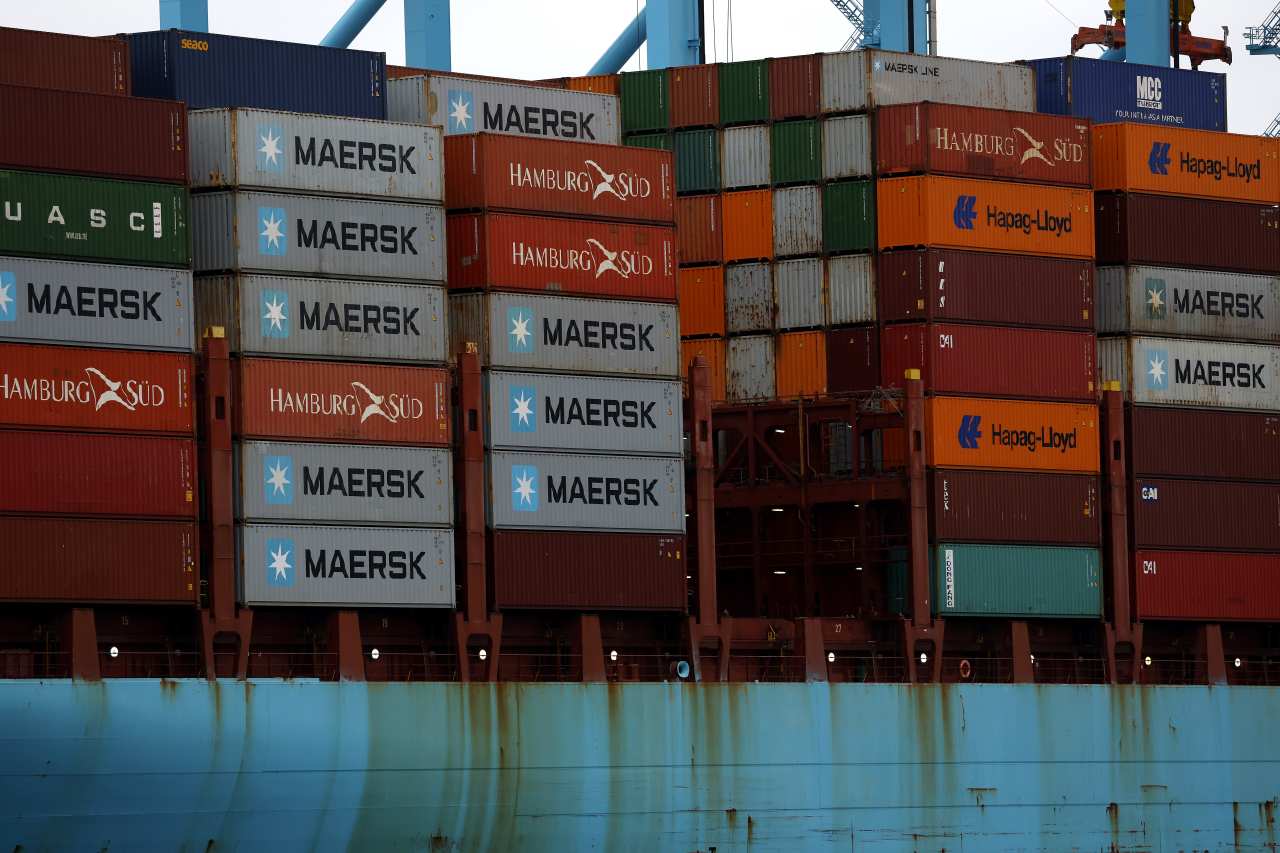






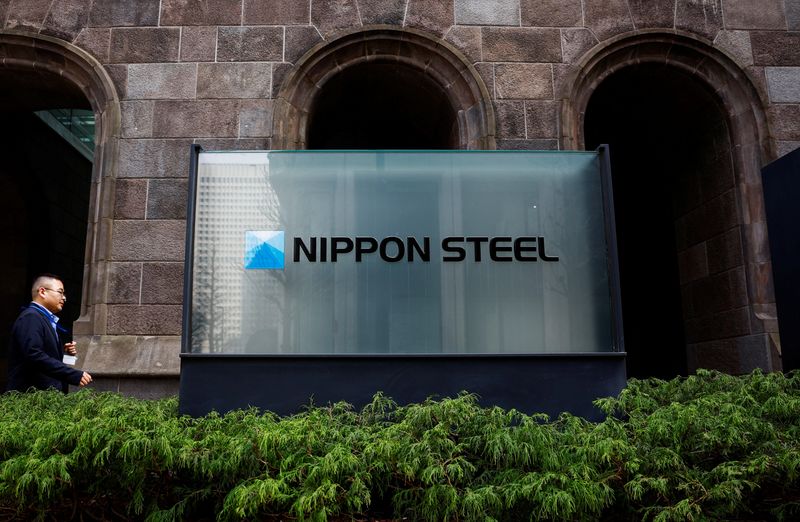
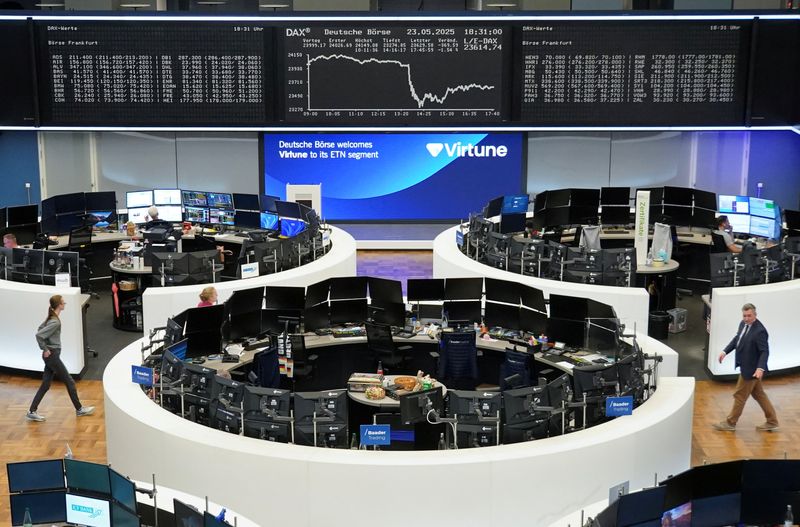
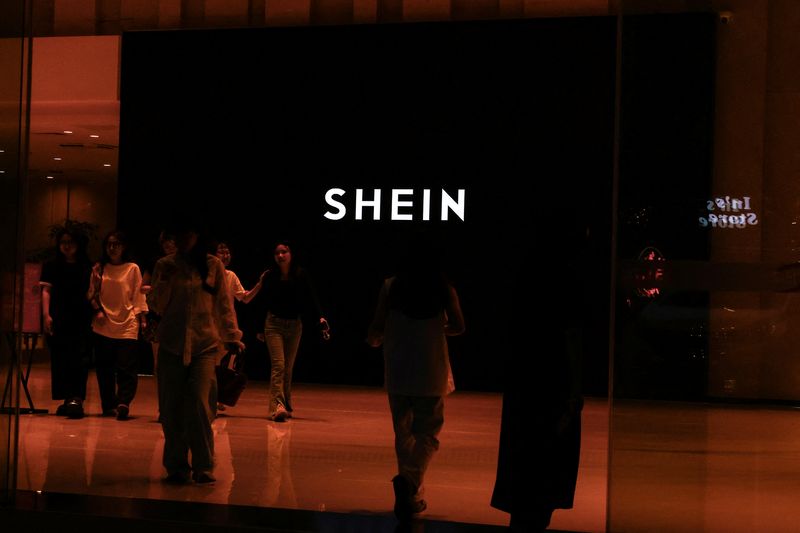

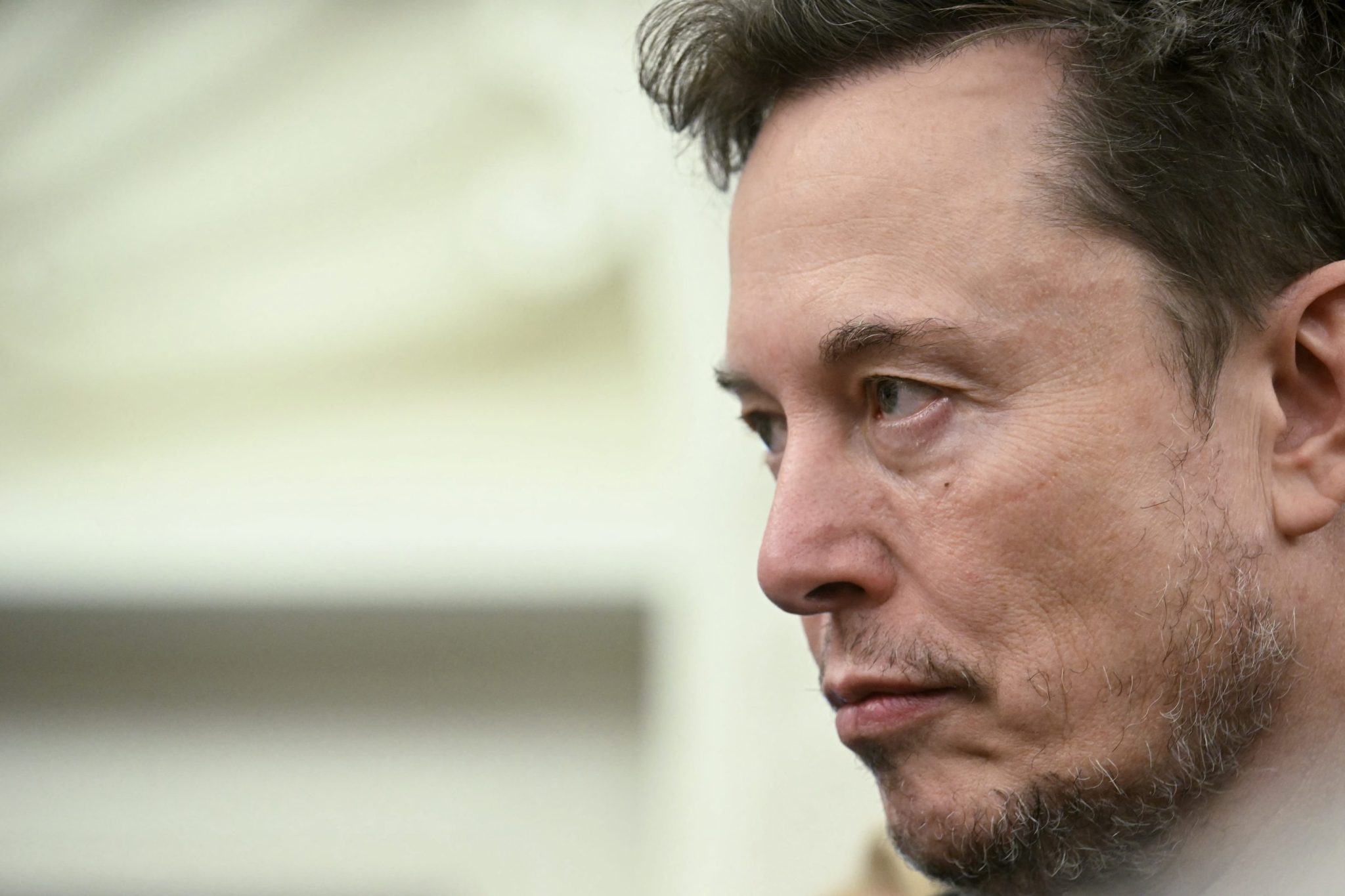


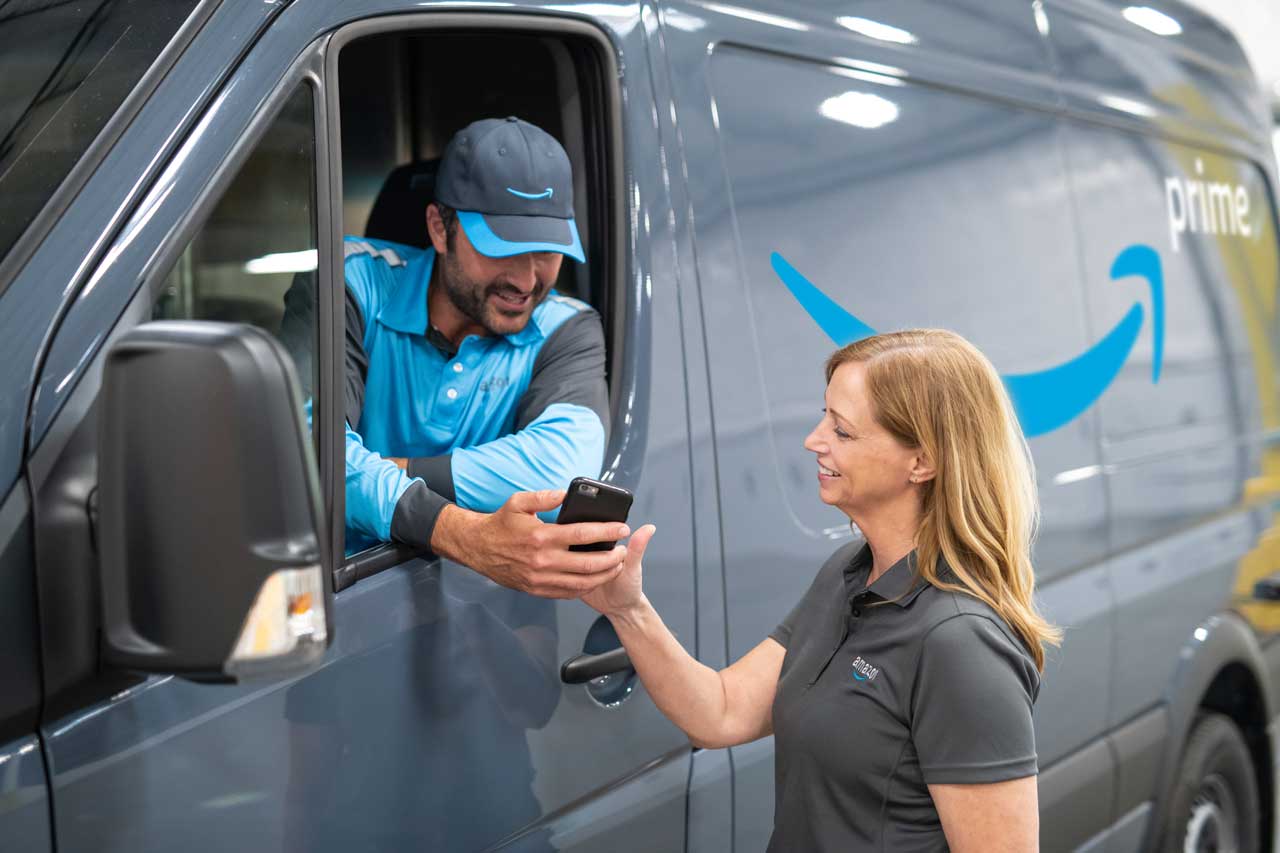
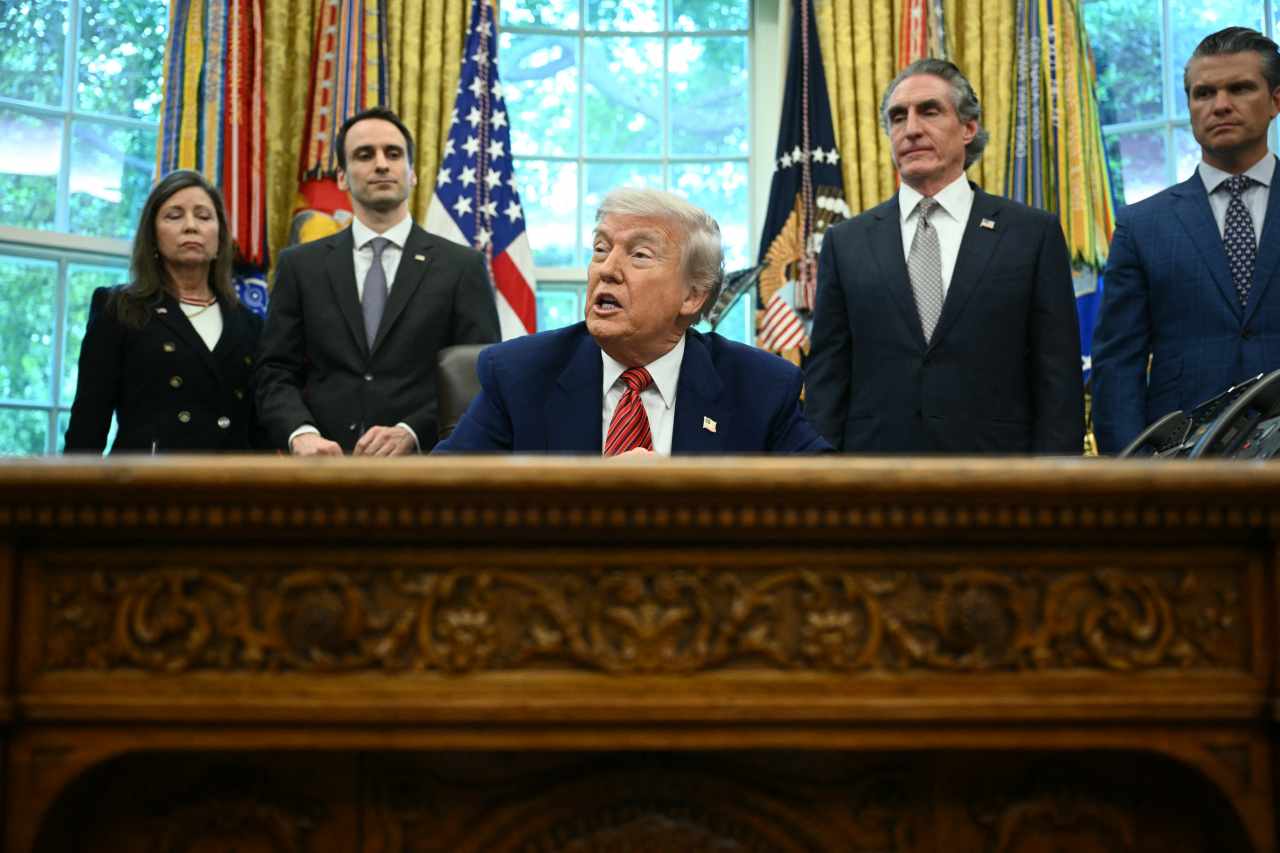


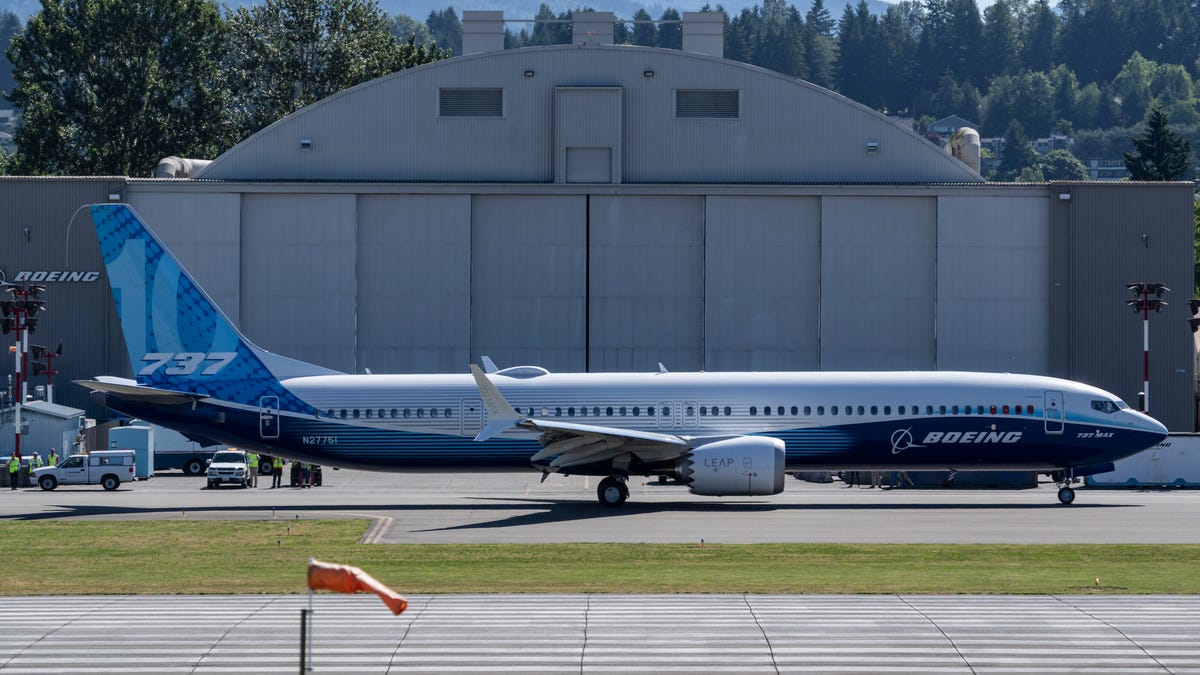
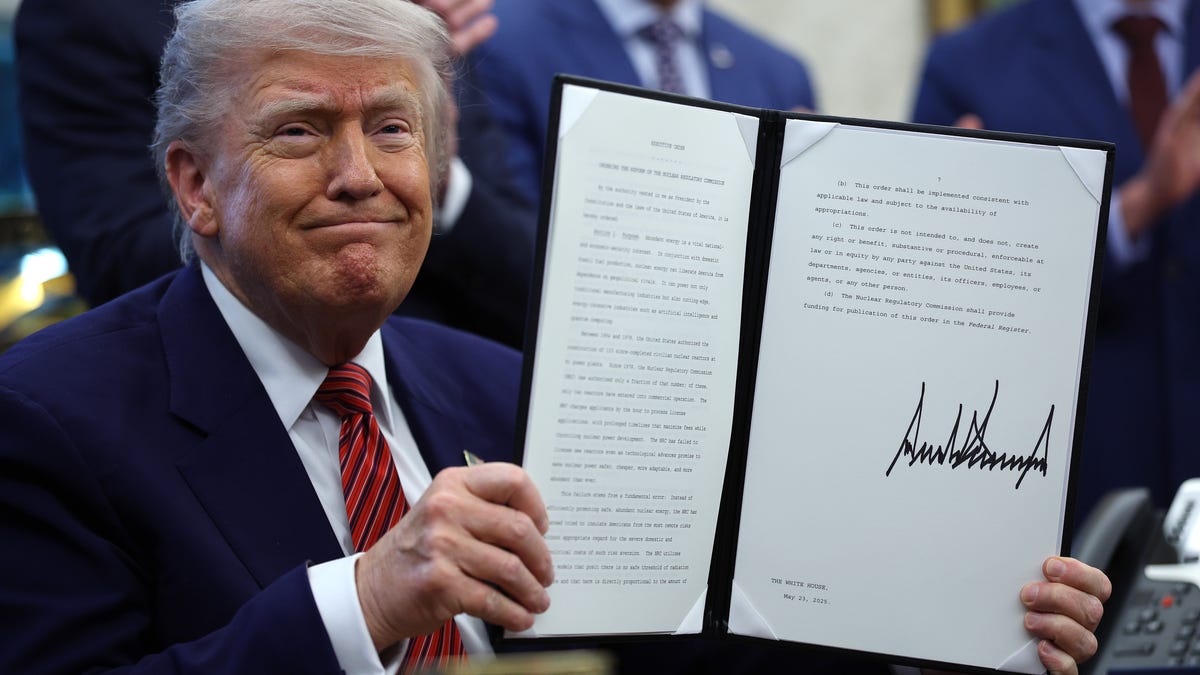







![[Weekly funding roundup May 17-23] VC inflow remains steady](https://images.yourstory.com/cs/2/220356402d6d11e9aa979329348d4c3e/Weekly-funding-1741961216560.jpg)







